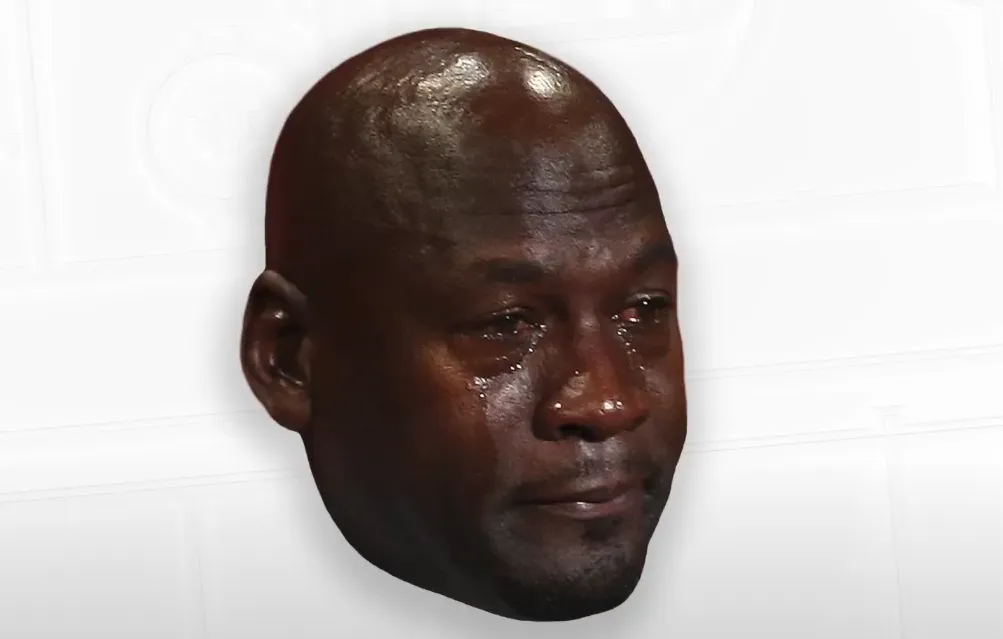
Dealing with Big Losses
I recently went along and watched some local competition junior finals and had the pleasure to watch some amazing baseball. The young players put on such a show. Grand Finals are always met with such excitement and nerves. Sometimes it’s hard to tell who feels it more, the kids on the field or the parents and spectators.
The two teams had prepared for this moment all season—the championship game, a packed crowd, and a chance to win it all. But in the final inning, with two outs and the game on the line, everything fell apart. A string of mistakes, and two runs scored. Game over.
As the opposing team celebrated, you could see several players devastated at what had just transpired, the game was in the bag, until it wasn’t. Mistakes had ended the game.
Losing a Grand Final, especially due to costly mistakes, is tough. But it’s also a huge opportunity for growth. Here’s how you can bounce back and turn loss into fuel for the future.
Here are 6 things I've learned over the years about how to deal with tough losses.
1. Acknowledge the Pain, but Keep Perspective
It’s okay to feel disappointed. That feeling means I care.
Remember that failure is part of the journey in baseball and life. Even the best athletes have lost big games.
Focus on how I respond, not just what happened.
2. Shift the Focus to Growth
Mistakes don’t define me—how I learn from them does.
Instead of blaming, ask: "What can I learn from this?"
Did nerves play a role? Fatigue? Lack of preparation in certain areas? All of these can be improved.
3. The Best Teams & Players Use Failure as Motivation
Michael Jordan was cut from his high school basketball team, and he went off, trained even harder, won his spot and became the greatest player of all time.
Babe Ruth struck out almost more than anyone in history, but he also hit 714 Home runs.
Derek Jeter made 56 errors in his first professional season and then went on to become one of the greatest shortstops of all time.
If I want to win next time, I need to commit to getting better rather than dwelling on the loss.
4. Take Ownership & Accountability
Avoid blaming one play or one player (myself or others)—baseball is a team sport.
If I make an error, owning it is a sign of maturity—and I acknowledge that one play never decides a whole game. Even if that play was at the end of the game, the situation that was present is the culmination of the team's effort to that point. The last play of the game cannot be the only thing that costs the team a game.
5. Confidence Comes from Preparation
Ask: "What do I need to work on to make sure this doesn't happen again?"
If fielding under pressure was an issue, incorporate high-pressure drills.
If mental toughness was a factor, introduce visualization techniques or routines to handle nerves.
6. Have Hope & Purpose
This loss does not define me—it’s just a chapter in my story.
Champions are built in the off-season. Use this as fuel.
“What’s next?” – I start to think about how to bounce back.
If I handle this right, this loss will be the reason I win the next big game.
It’s all in your mindset and the attitude you bring to the game that determines how you bounce back. Or not, it’s up to you!
I’d love to hear from you! Email me at [email protected] if you found this useful or would like to suggest anything else you have tried that was successful for bouncing back from mistakes or big losses.
